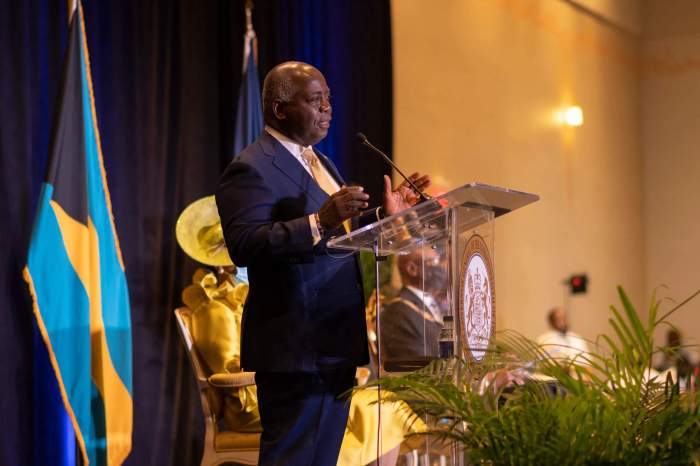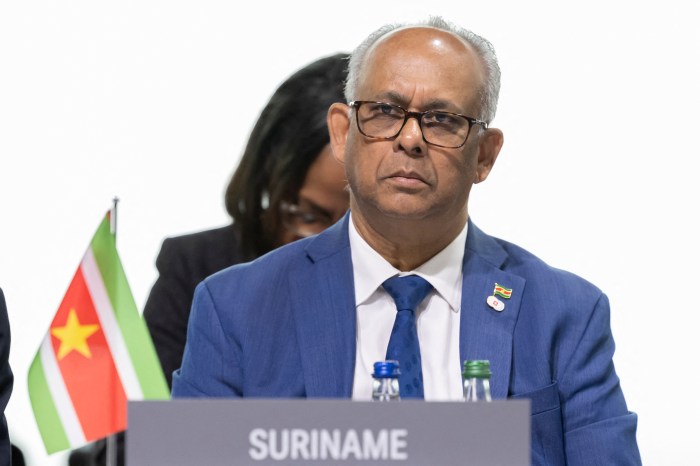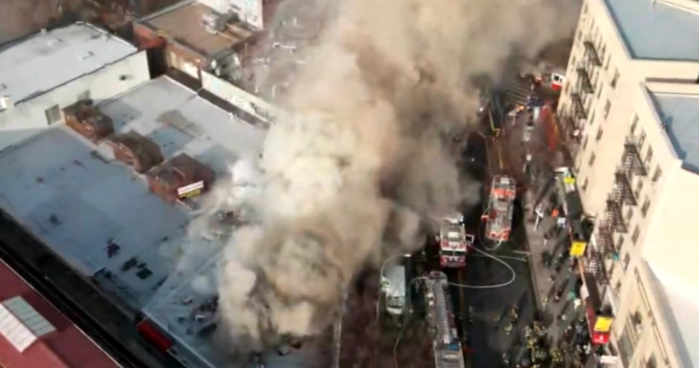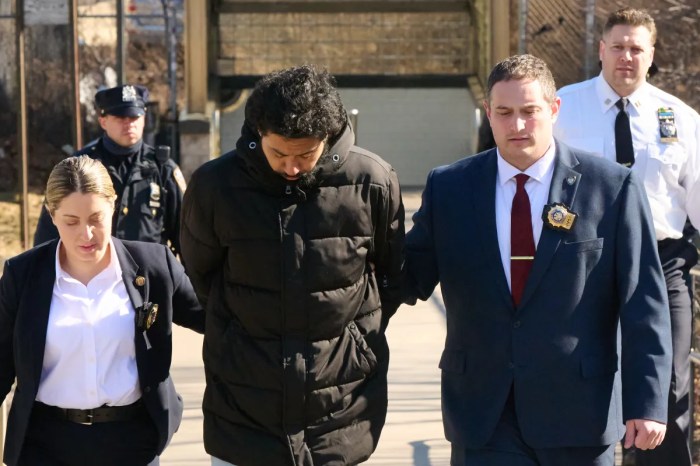The United Nations said on Mar. 17 that 33 countries will participate this week in the Caribbean region’s first full-scale tsunami warning exercise as part of its efforts to test and strengthen the region’s defenses against such disasters.
The U.N. said the exercise, dubbed “Caribe Wave 11,” aims to test the early warning system for tsunamis and other coastal hazards set up in the region in 2005 by the Intergovernmental Oceanographic Commission (IOC), established under the U.N. Educational, Scientific and Cultural Organization (UNESCO).
The exercise will be based on a fictional earthquake measuring 7.6 on the Richter scale and located off the coast of the United States Virgin Islands, UNESCO said.
“It should highlight the effectiveness of tsunami warning mechanisms, weather forecast offices, national coast guards and other relevant offices,” the statement said.
Irina Bokova, Director-General of UNESCO, said last week’s catastrophic quake and tsunami in Japan “have clearly shown the crucial importance of emergency arrangements.
“The development of a coordinated system in the Caribbean appears in this context to be more pertinent than ever,” she added.
Similar exercises have taken place previously in both the Pacific and Indian Ocean regions.
In the Caribbean, at least 75 tsunamis have been recorded in the past 500 years, with more than 3,500 deaths attributed to them, the U.N. said.

























